2023
-
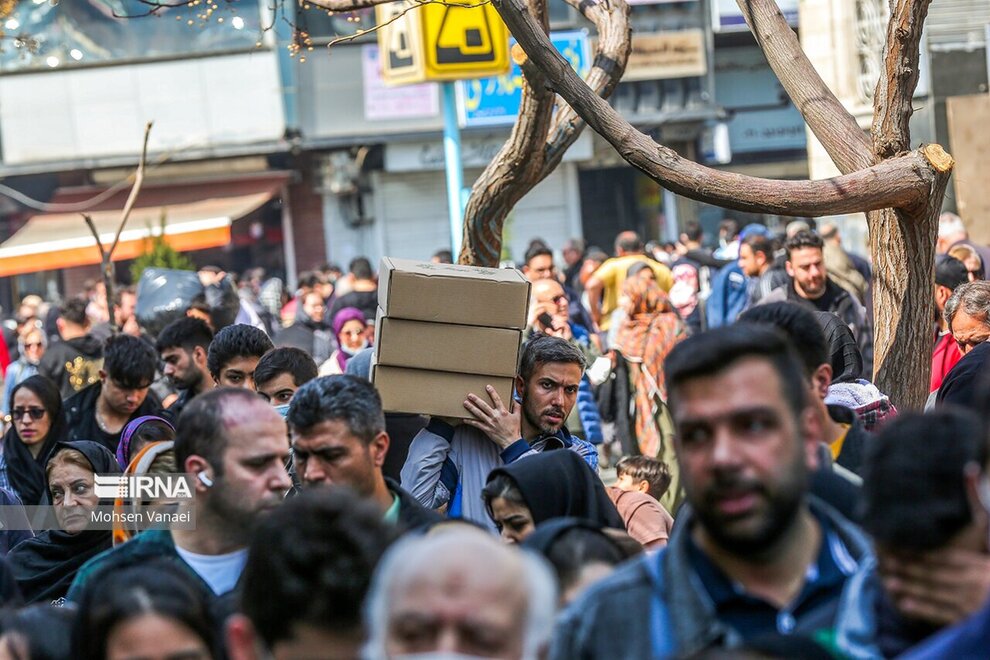
Installment life in Iran’s Inflated Economy
•
In recent years, Iran has seen the rise of “LendTechs” and startups in the “buy now, pay later” sector, reflecting the economic challenges faced by its people. High inflation and stagnant wages have eroded purchasing power, leading to an increase in small credit services for everyday items. These businesses, often…
-
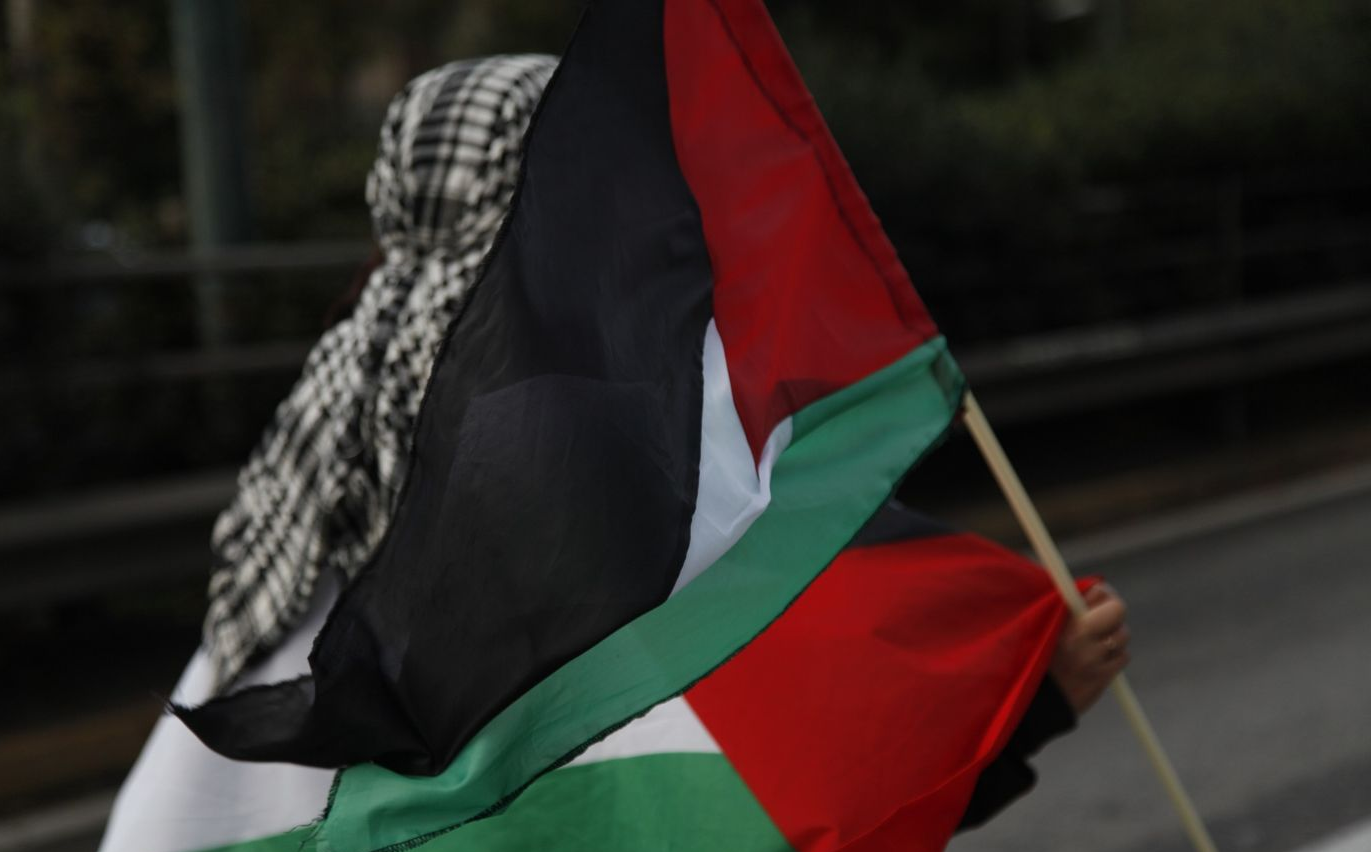
Palestinian Economy: Intersection of Colonization and Exploitation
•
As Palestine’s issue gains attention, economic analysis becomes crucial. The war’s economic impact, including GDP decline and soaring unemployment, spells a serious recession. The colonial context and settler colonialism’s economic foundation provide insight into the situation. Israel’s control extends to labor, resources, and markets, perpetuating Palestinian dependency and exploitation. Economic…
-
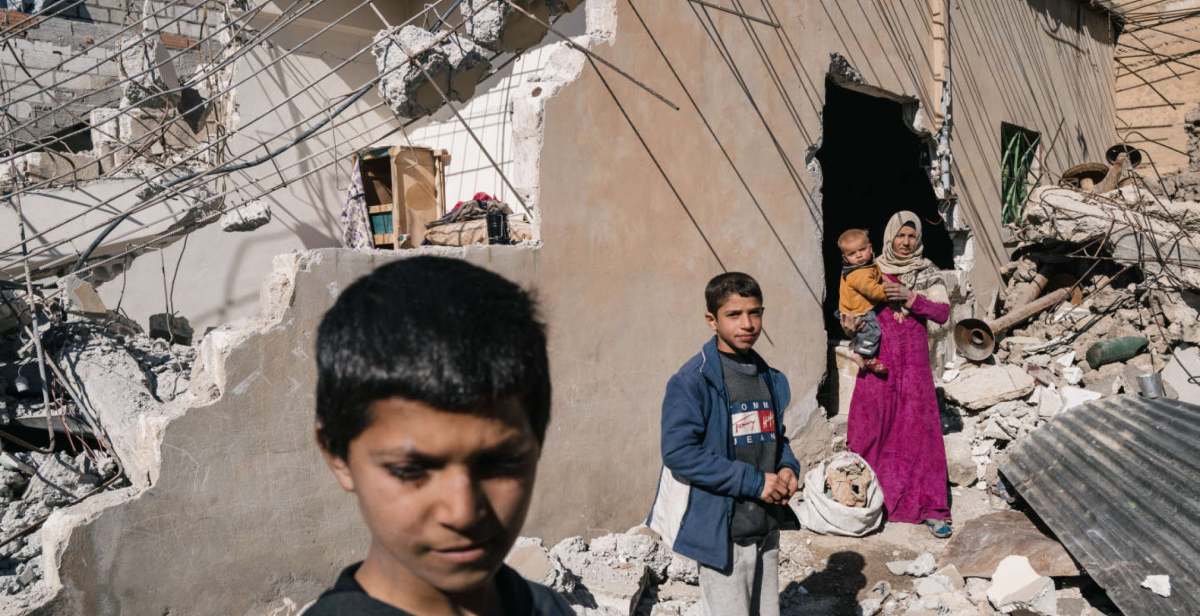
War Crimes in Rojava:
NATO’s Silence on Turkish Attacks•
Since October 4, Turkey has been intensifying its military attacks on Northern Syria, allegedly striking civilian infrastructure under the pretense of targeting the People’s Defense Units. Claiming a right to self-defense, Turkey asserts it has not primarily targeted Northern Syria’s vital foundations, a claim contested by senior Syrian Democratic Forces…
-
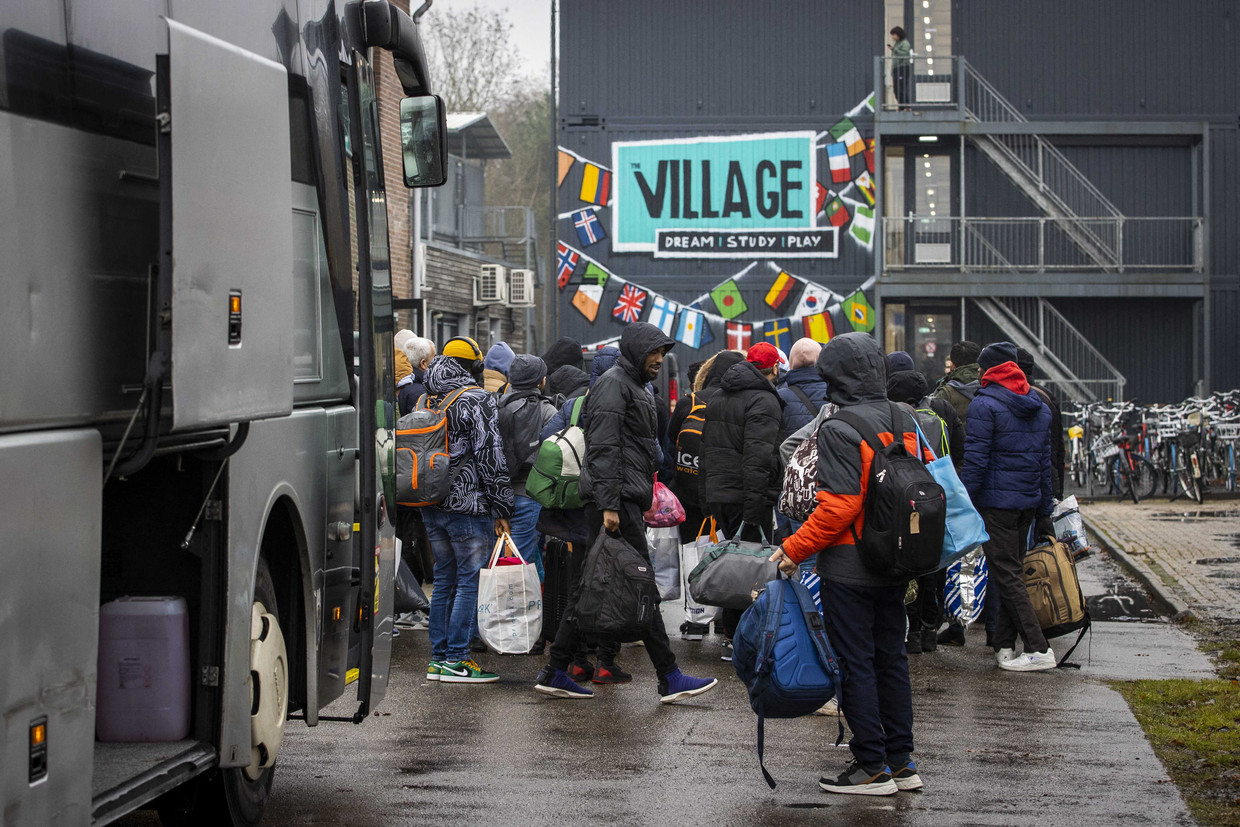
Alongside the Refugees:
What Happens in Refugee Camps?•
Where is the refugee camp? Everyone knows there are refugee camps in the world that are not good places. No one says much more about refugee camps. Those who live there try to deny it. Then, when they leave the camp, they prefer not to look back and not talk…
-
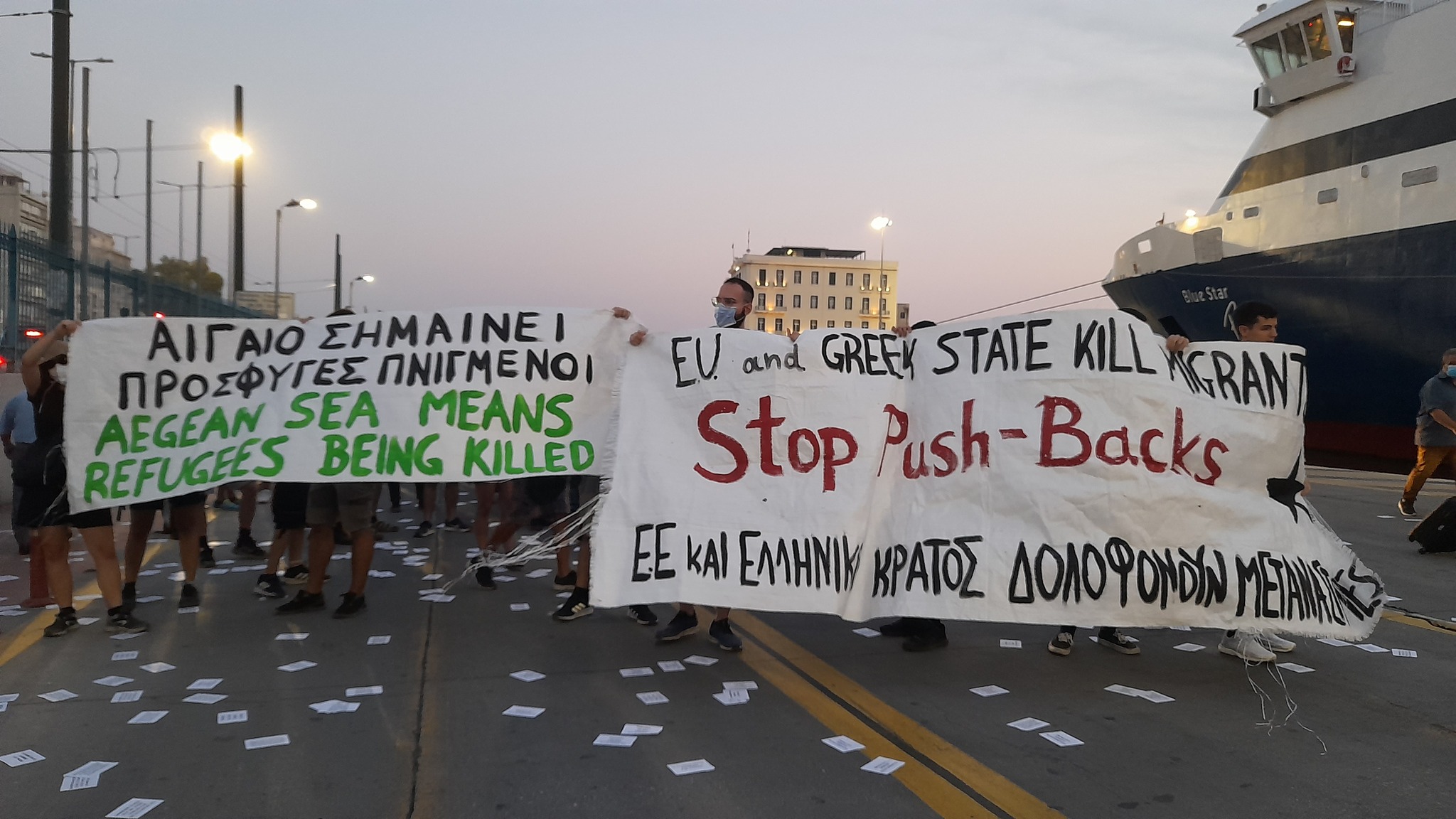
Decoding Injustice in Greece:
Çelik’s Battle Against 155-Years Prison•
In Greece, a “pushback” strategy targeting refugees has led to a systematic environment of violence and arbitrary detentions. One victim, Mehmet Çelik, who sought refuge in Europe after facing legal issues in Turkey, was sentenced to 155 years in prison despite the prosecutor recommending acquittal. He and several other refugees…
-
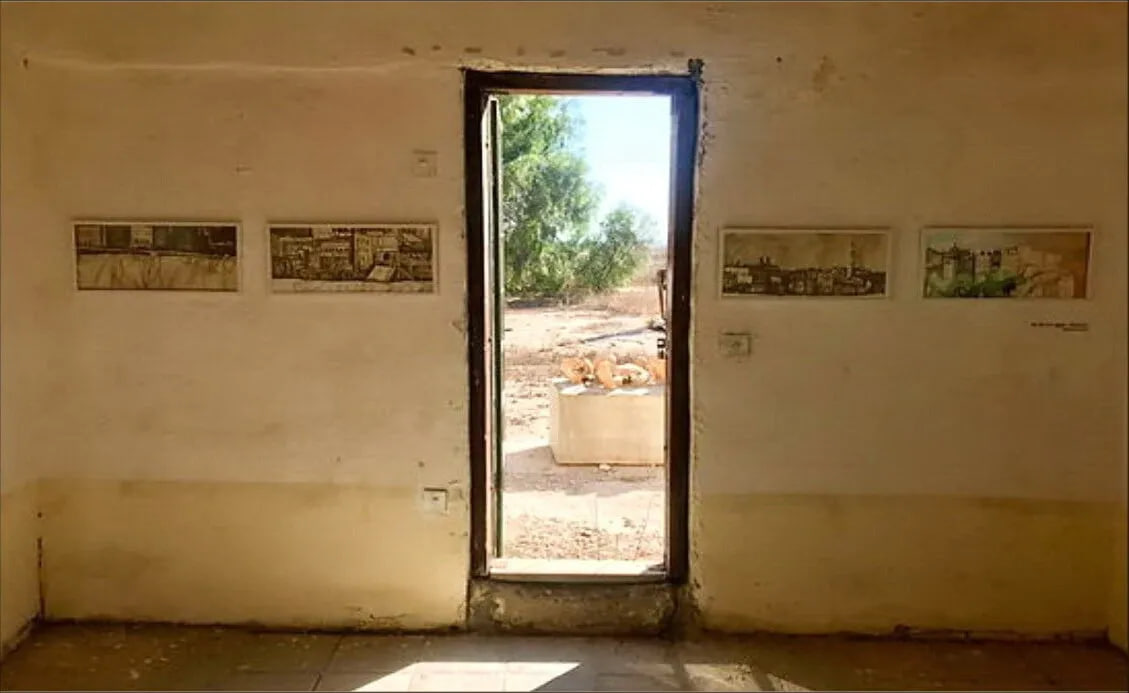
Breaking Colonial Chains:
Interview with Palestinian activist•
In this interview, Mussa’ab Bashir described the current situation in Gaza as “the worst round of aggression” since 1948. He highlighted the difficulties faced by Gazans, including psychological trauma, poverty, and high youth unemployment. Bashir also elaborated on internal struggles against corruption within the Hamas regime and the lack of…
-
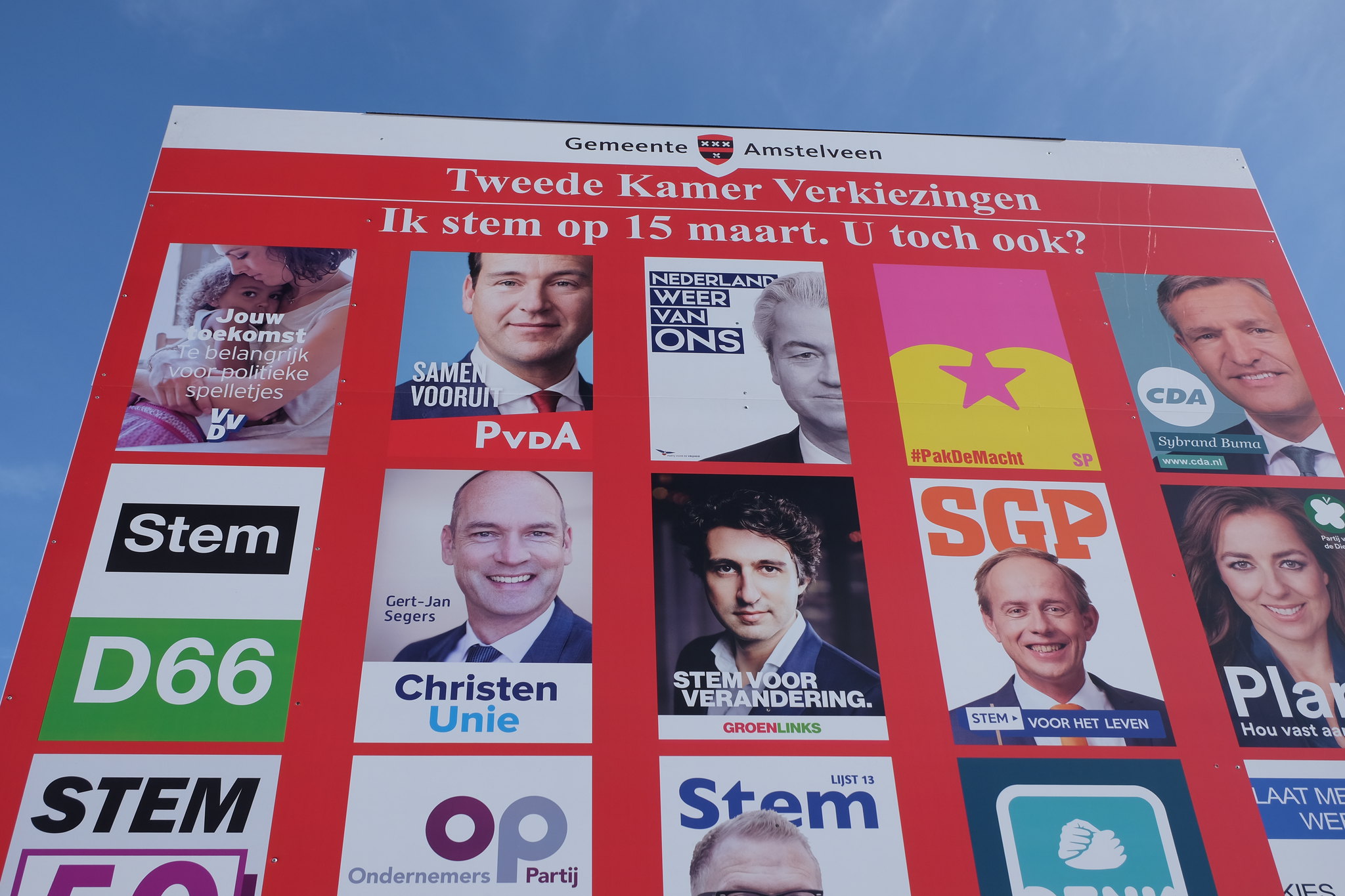
Racist or far-right and anti-Islam!?
•
Mainstream media misrepresents Geert Wilders’ far-right victory in the Netherlands as anti-Islam instead of racist. Rather than promoting a united society, media establishments encourage a fictitious “us versus them” narrative. This narrative benefits liberal-lefts, who ignore authoritarian and ultra right-wing Islamic groups. Meanwhile, right-wing trends in the Middle East exploit…
-
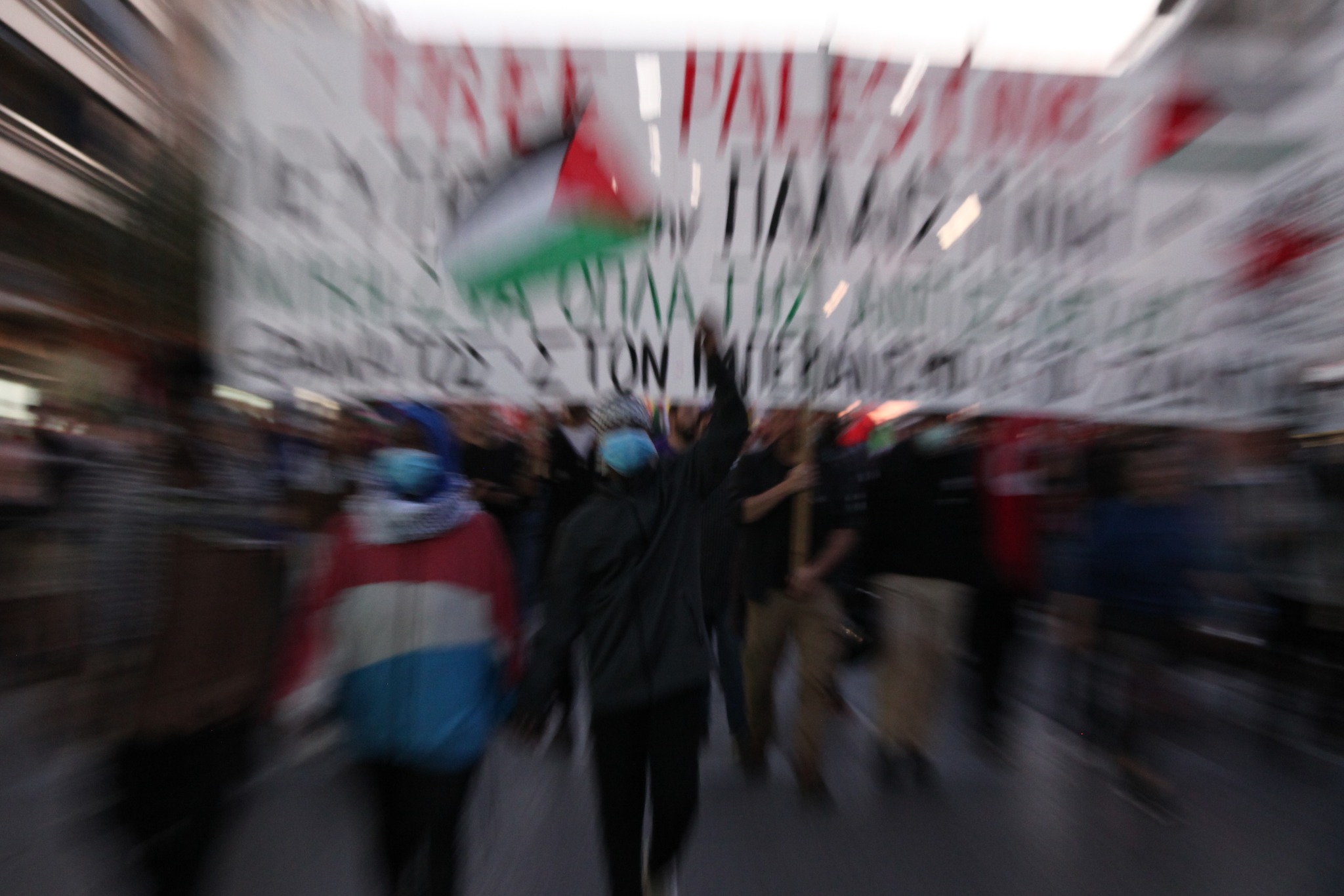
Political-Islam vs. Palestine:
From Ambiguity to Clarity•
The current protests call the nations to a new social contract in the relations between them, which can potentially cause fundamental changes in the policies of the governments. This new contractualism requires governments to force Israel to accept international resolutions through the application of pressure (including the implementation of international…
-
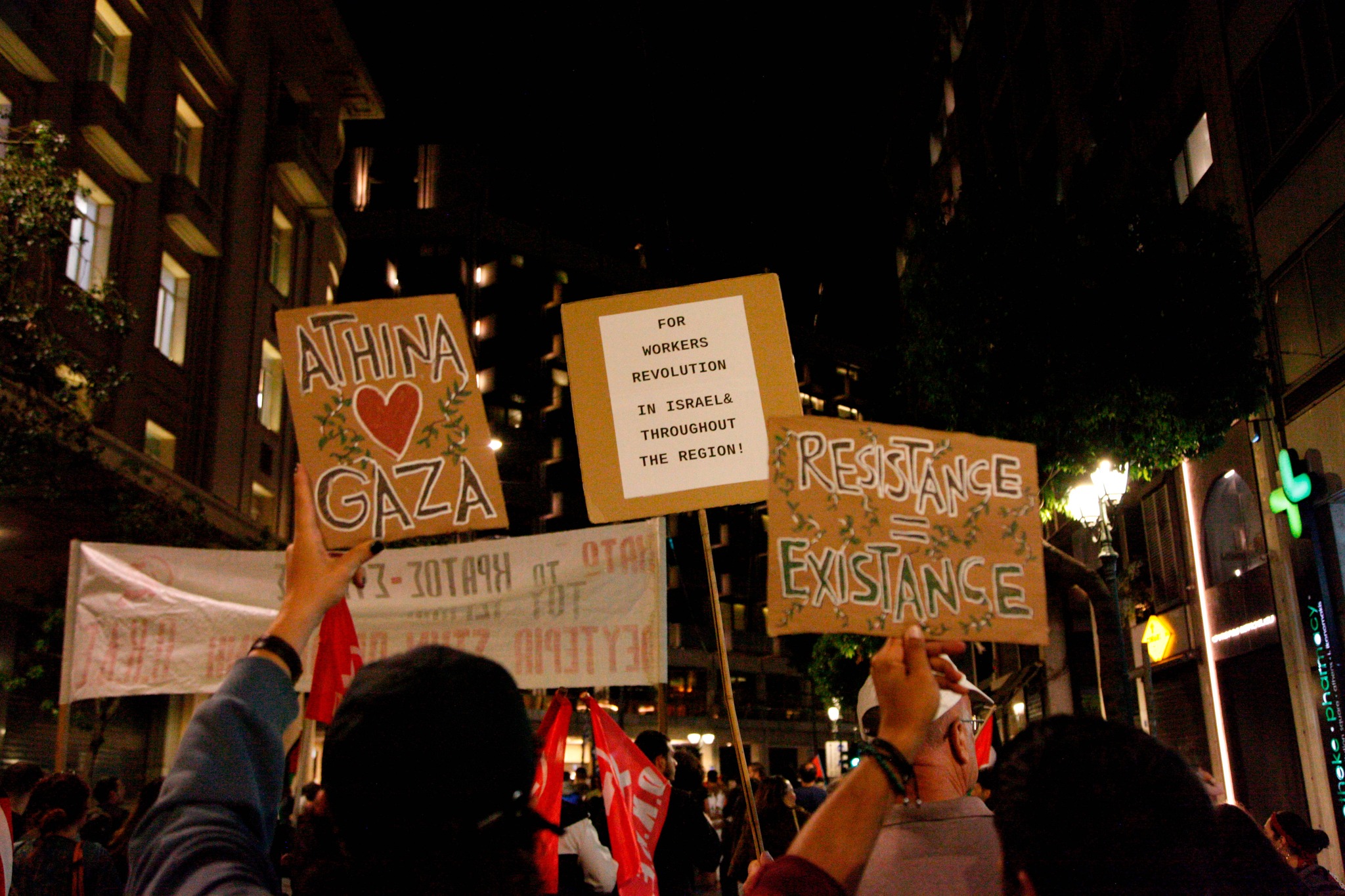
Palestine/Israel; Against false bipolarity
•
In the pursuit of justice and empathy for the Palestinian people, a significant discrepancy distinguishes Iranian leftists from progressive and peace-loving groups in the Western world. This contrast emerges from our profound understanding of Islam and Islamism, which is manifested as a “populist movement” and a governing authority. This comprehension…
-
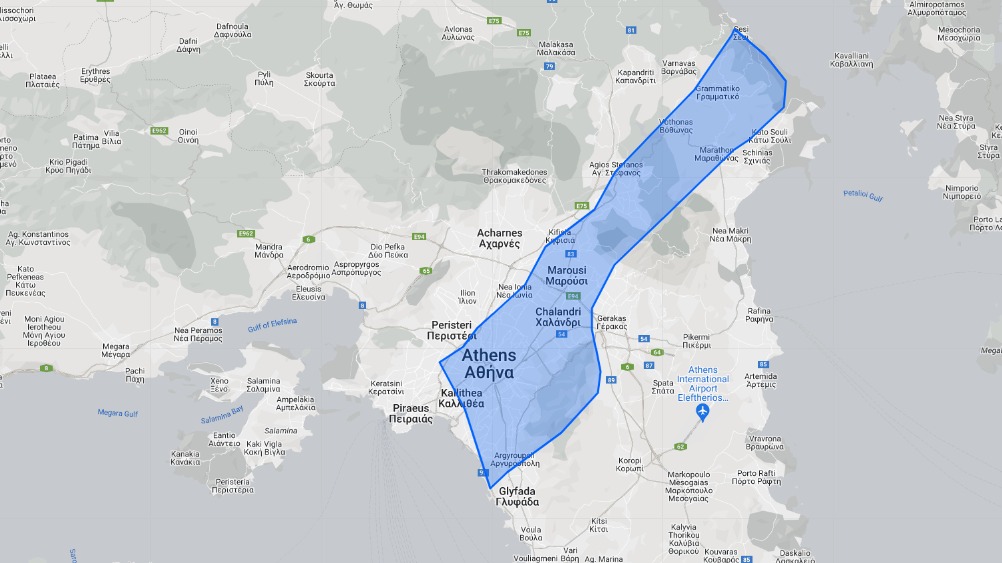
Palestinian Resistance in the Face of Israeli Aggression
•
In this 365 km2 region (In the foreground, the city of Athens stands, providing a clearer perspective on the scale of Gaza), Israel has unleashed a barrage of thousands of bombs within the span of two weeks. This number is more than the international anti-ISIS coalition used (2,500 bombs per…
-
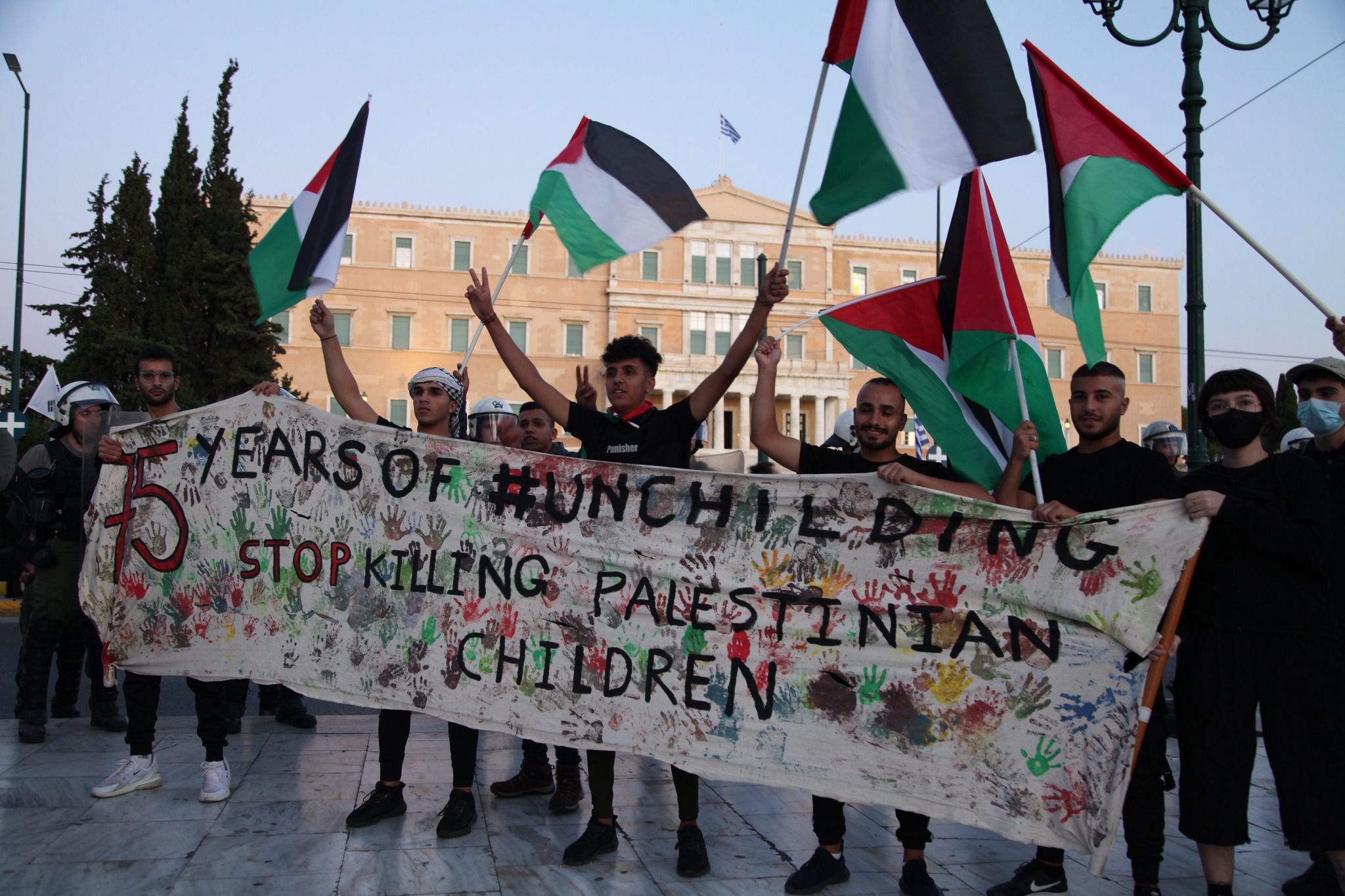
Zionism and Political Islam: War instead of Revolution
•
Photo: Demonstrations against the bombing of Gaza and the occupation. October 12, 2023. Athens Zionism followed a similar path in the 1980s to foster the growth of Islamist groups, as the United States did to counter the Soviet Union and prevent the emergence of leftist governments in the region and…
-
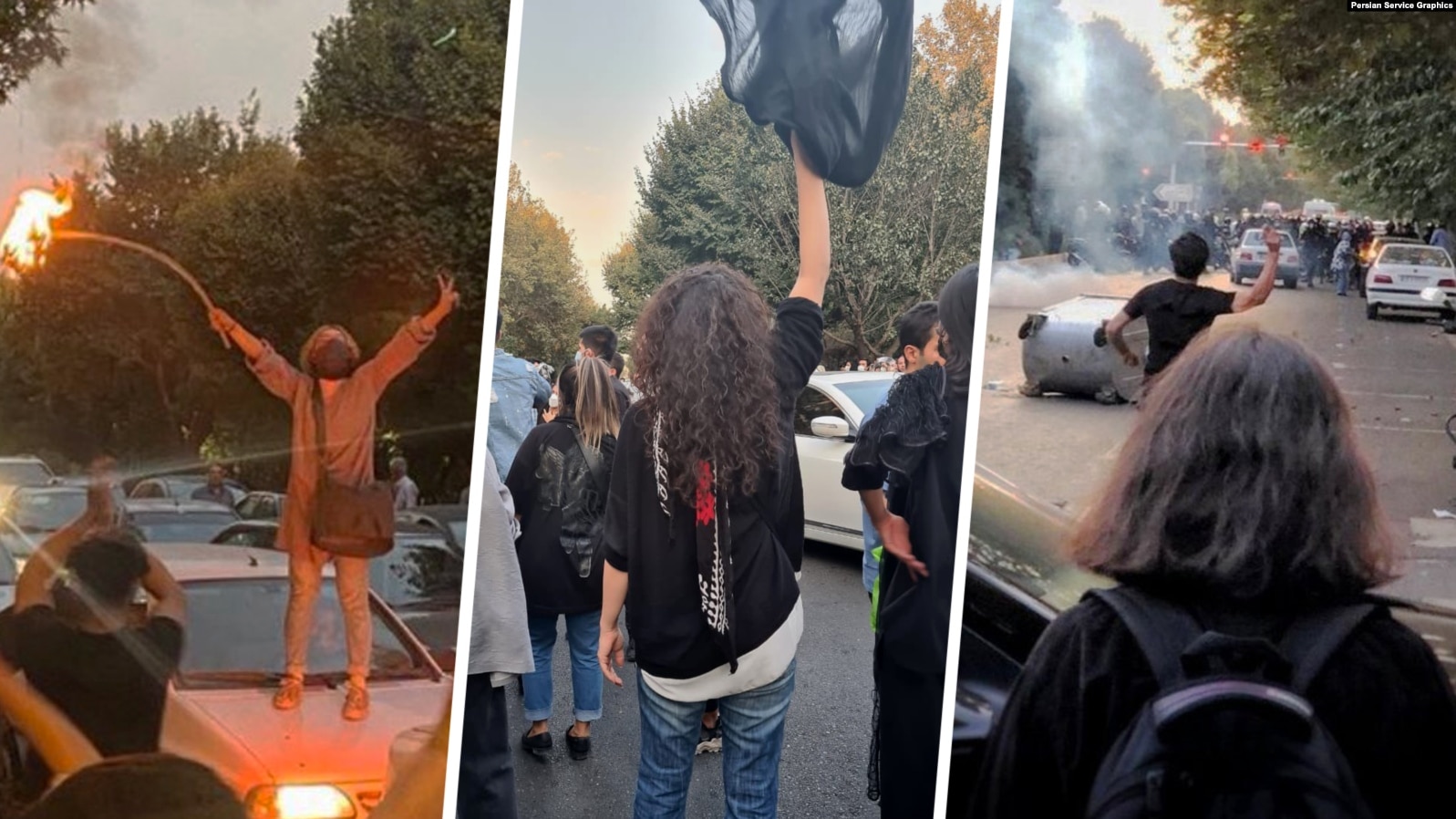
A year after Jina’s murder
•
On the occasion of the anniversary of the inception of the “Women, Life, Freedom” movement, the Islamic regime deployed a substantial military presence in an attempt to instill fear among the populace. The citizens, however, keenly assess the distribution of power but have shed their apprehension. They no longer live…



